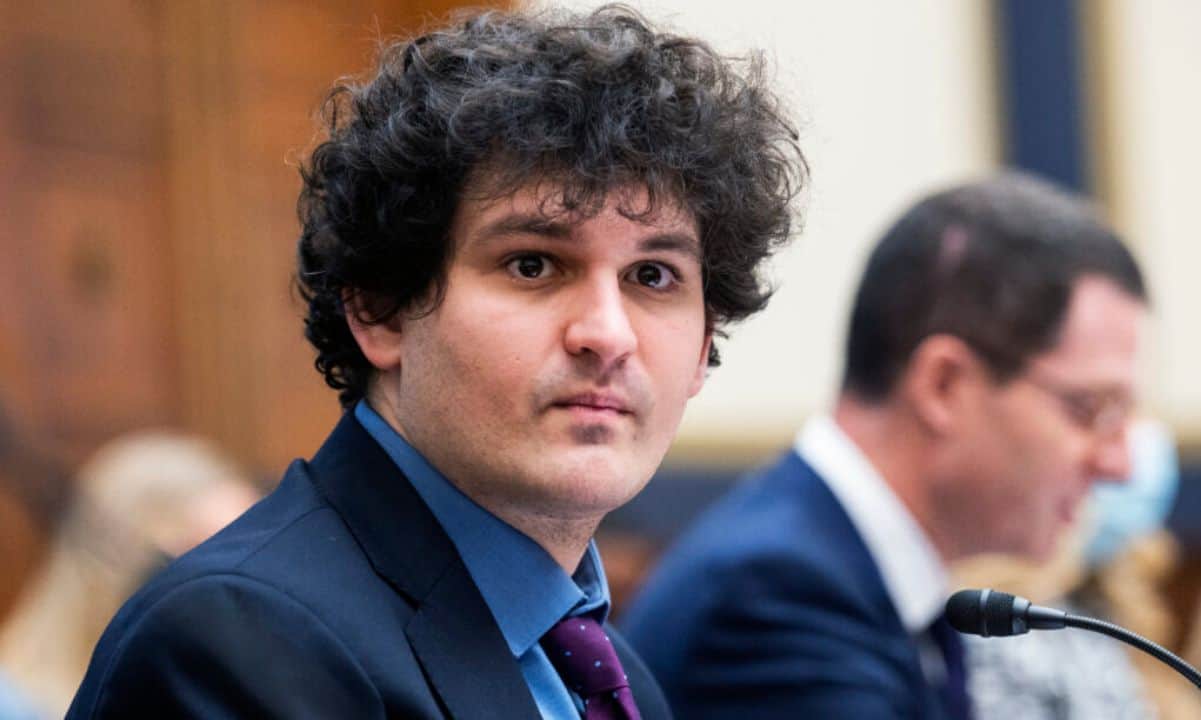While Midjourney Gets Sued, These Two AI Studios Get Signed
The post While Midjourney Gets Sued, These Two AI Studios Get Signed appeared on BitcoinEthereumNews.com. As copyright lawsuits escalate against some of the most widely used generative AI companies, two smaller studios are gaining industry traction by designing their workflows to avoid legal risk. Killer Kings on Sky History. The true crime-style docuseries features AI-generated visual … More reenactments. Gennie This week, Gennie, a generative video studio focused on nonfiction content, premiered Killer Kings on Sky History. The true crime-style docuseries features AI-generated visual reenactments. Separately, animation studio Toonstar signed with WME and announced a new original show with comedian and digital creator Nigel Ng. Both companies rely on AI to accelerate production, yet neither is facing scrutiny from copyright holders or regulators. Gennie and Toonstar represent a different path for AI in media, one that favors preemptive compliance and transparency. Their work is broadcast-ready and structured to minimize legal exposure, offering a potential model for others. On June 12, Disney and Universal filed a joint copyright infringement lawsuit against Midjourney in federal court, alleging that the company enabled large-scale unauthorized reproduction of copyrighted material. Getty’s separate case against Stability AI began the same week in London. The results of these cases will likely shape how AI content is made, distributed, and monetized. In response, companies that want to operate inside the traditional entertainment ecosystem are moving to establish clearer boundaries. Gennie was founded in 2024 by Max Einhorn, Chelsea Durgin, and Tejas Shah. Their debut series Killer Kings, produced by UK-based FirstLookTV, dramatizes the lives and crimes of six historical monarchs created using generative video. Visuals were created with tools like Google Veo and Luma’s Dream Machine, and incorporated into a more conventional documentary format featuring expert commentary and voiceover narration. According to Einhorn, each reenactment is the product of extensive historical research and prompt engineering that draws on academic consensus. Character designs are…

The post While Midjourney Gets Sued, These Two AI Studios Get Signed appeared on BitcoinEthereumNews.com.
As copyright lawsuits escalate against some of the most widely used generative AI companies, two smaller studios are gaining industry traction by designing their workflows to avoid legal risk. Killer Kings on Sky History. The true crime-style docuseries features AI-generated visual … More reenactments. Gennie This week, Gennie, a generative video studio focused on nonfiction content, premiered Killer Kings on Sky History. The true crime-style docuseries features AI-generated visual reenactments. Separately, animation studio Toonstar signed with WME and announced a new original show with comedian and digital creator Nigel Ng. Both companies rely on AI to accelerate production, yet neither is facing scrutiny from copyright holders or regulators. Gennie and Toonstar represent a different path for AI in media, one that favors preemptive compliance and transparency. Their work is broadcast-ready and structured to minimize legal exposure, offering a potential model for others. On June 12, Disney and Universal filed a joint copyright infringement lawsuit against Midjourney in federal court, alleging that the company enabled large-scale unauthorized reproduction of copyrighted material. Getty’s separate case against Stability AI began the same week in London. The results of these cases will likely shape how AI content is made, distributed, and monetized. In response, companies that want to operate inside the traditional entertainment ecosystem are moving to establish clearer boundaries. Gennie was founded in 2024 by Max Einhorn, Chelsea Durgin, and Tejas Shah. Their debut series Killer Kings, produced by UK-based FirstLookTV, dramatizes the lives and crimes of six historical monarchs created using generative video. Visuals were created with tools like Google Veo and Luma’s Dream Machine, and incorporated into a more conventional documentary format featuring expert commentary and voiceover narration. According to Einhorn, each reenactment is the product of extensive historical research and prompt engineering that draws on academic consensus. Character designs are…
What's Your Reaction?


























![Jermaine Dupri Reacts to Top Strip Club Songs in Atlanta: ‘They Gotta Be Top 5 Over That [Young] Nudy Song’ | Billboard News](https://www.billboard.com/wp-content/uploads/2025/09/billboardnews_jermainedupri_thumb.jpg?w=1024)









